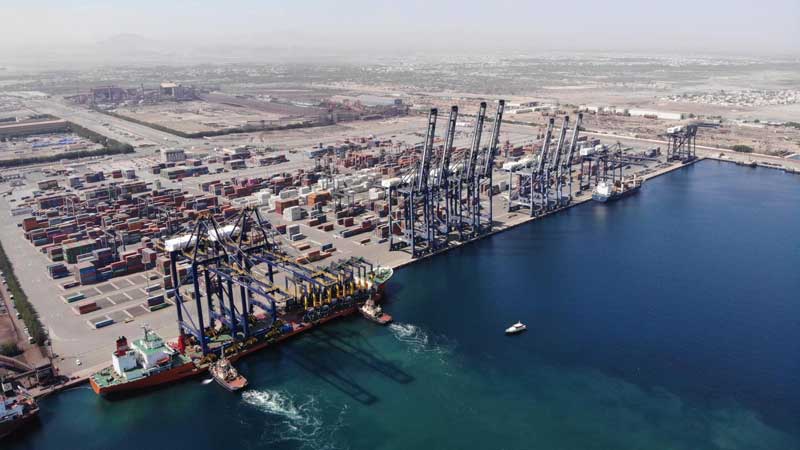

Landmark measures: Electricity, water tariffs to be increased gradually
Oman’s government is weighing plans to tax the personal incomes of high net-worth individuals as part of a sweeping package of measures designed, on the one hand, to help shore up state revenues battered by low oil prices and the pandemic, and on the other, to plug a widening budget deficit.
Other measures being contemplated by the government include reform of public service subsidies schemes, increasing power and water tariffs, strengthening tax compliance and administration, rationalising expenditure and boosting efficiency, liberalising visa regimes for tourists, and instituting labour reforms.
The proposed actions are enshrined in a landmark Medium Term Fiscal Plan — a roadmap for achieving fiscal sustainability over the 2020-2024 timeframe — approved recently by His Majesty Sultan Haitham bin Tarik. A key goal of the plan is to gradually pare Oman’s budget deficit to 1.7 per cent of GDP in 2024, down from around 16 per cent presently.
A major takeaway from the MTFP roadmap, unveiled by the Ministry of Finance on Sunday, is a proposal to roll out personal income tax on “high-earners”. The Ministry of Finance noted in this regard: “Currently, the government is evaluating the tax and how it can best be implemented. The government will evaluate the tax from all aspects including, societal impacts, economic impacts, and fiscal impacts, in order to ensure the most efficient and equitable tax for all.”
Also on the anvil is a major overhaul of state subsidies on public services, which imposes a hefty cost burden of around RO 1 billion on the government. These subsidised services benefit all sections of the public encompassing citizens, expats, companies and even “financially capable people”, the ministry noted.
Alongside subsidy reform, which will seek to channel subsidy only to vulnerable sections of the Omani community, there are also plans to gradually hike power and water tariffs, it said.
The ministry explained: “The Sultanate recognises adjustments to the revenue-raising framework alone are not enough; as such, the government is also pursuing a range of cost containment and expenditure optimisation initiatives. Redesigning subsidies and the social safety net are critical components to helping contain future expenditure growth and capture savings opportunities. This initiative intends to reallocate the subsidy to the vulnerable and people who deserve it by gradually increasing the electricity and water tariffs and ensuring that support is provided for vulnerable populations.”
Furthermore, as part of efforts to stimulate economic growth, the MTFP strategy sets out a package of measures to help revitalise the real estate market. The initiative, spearheaded by the Ministry of Housing and Urban Planning, calls for, among other things, reducing housing fees from 5 per cent to 3 per cent, authorising the addition of floors in buildings, and enabling non-Omani ownership of apartments in multi-story commercial residential buildings in designated areas.
Additionally, excise and income tax collections efforts are proposed to be strengthened through the enforcement of strict compliance measures, statutory penalties for evaders and late filers, the ministry added.
CONRAD PRABHU
@conradprabhu
Oman Observer is now on the WhatsApp channel. Click here



